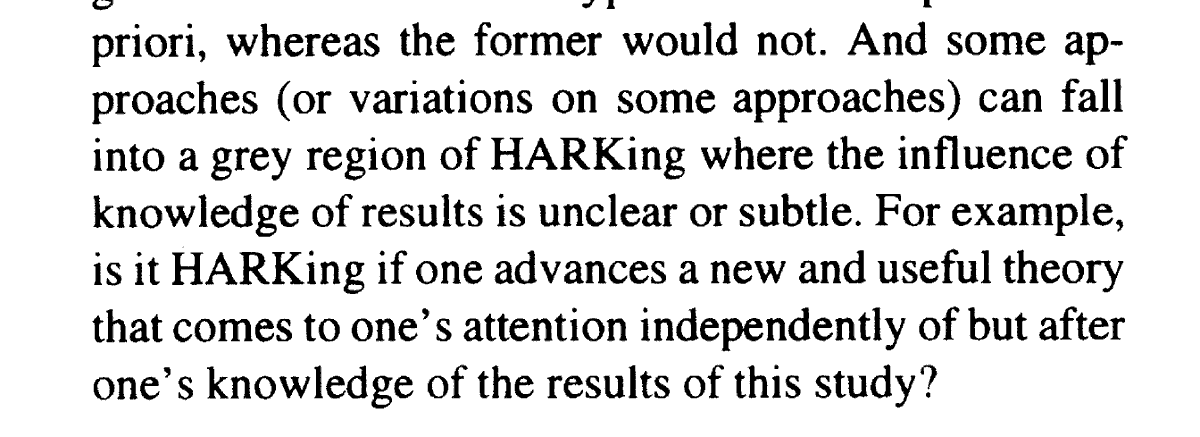
Psychology, metascience, and academic life. Professor at Durham University, UK. He/him.
BlueSky: https://t.co/VDLSVELFQE
How to get URL link on X (Twitter) App


 Researchers often distinguish between:
Researchers often distinguish between:
 I argue that an alpha adjustment is *not* necessary when undertaking a single test of an individual hypothesis, even when many such tests are conducted within the same study.
I argue that an alpha adjustment is *not* necessary when undertaking a single test of an individual hypothesis, even when many such tests are conducted within the same study.



